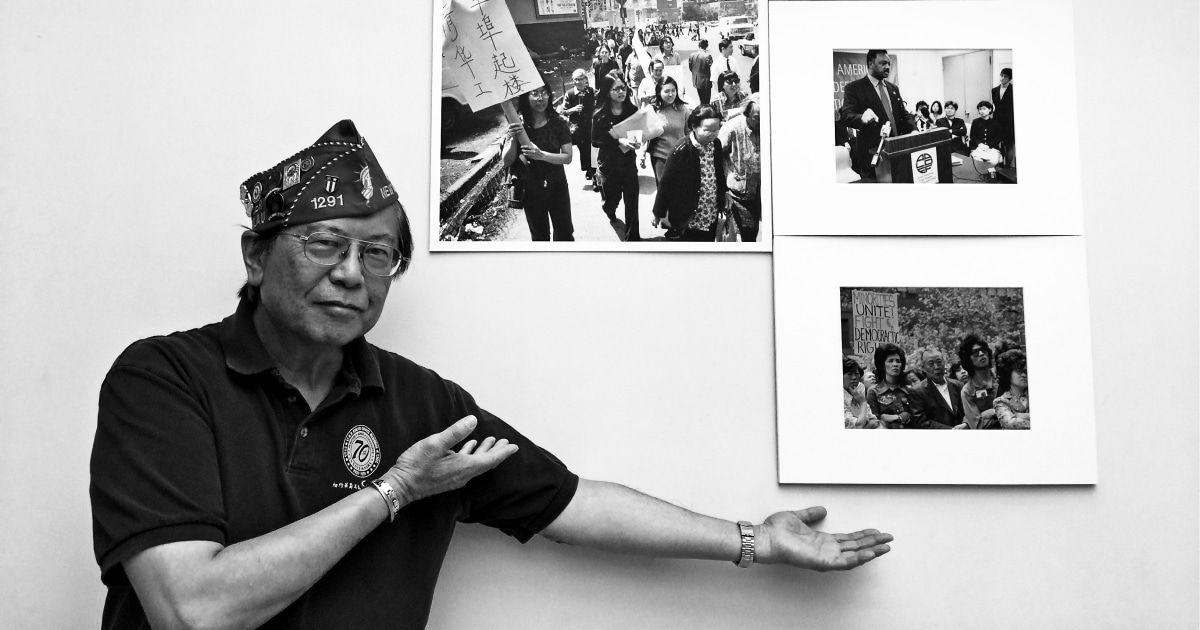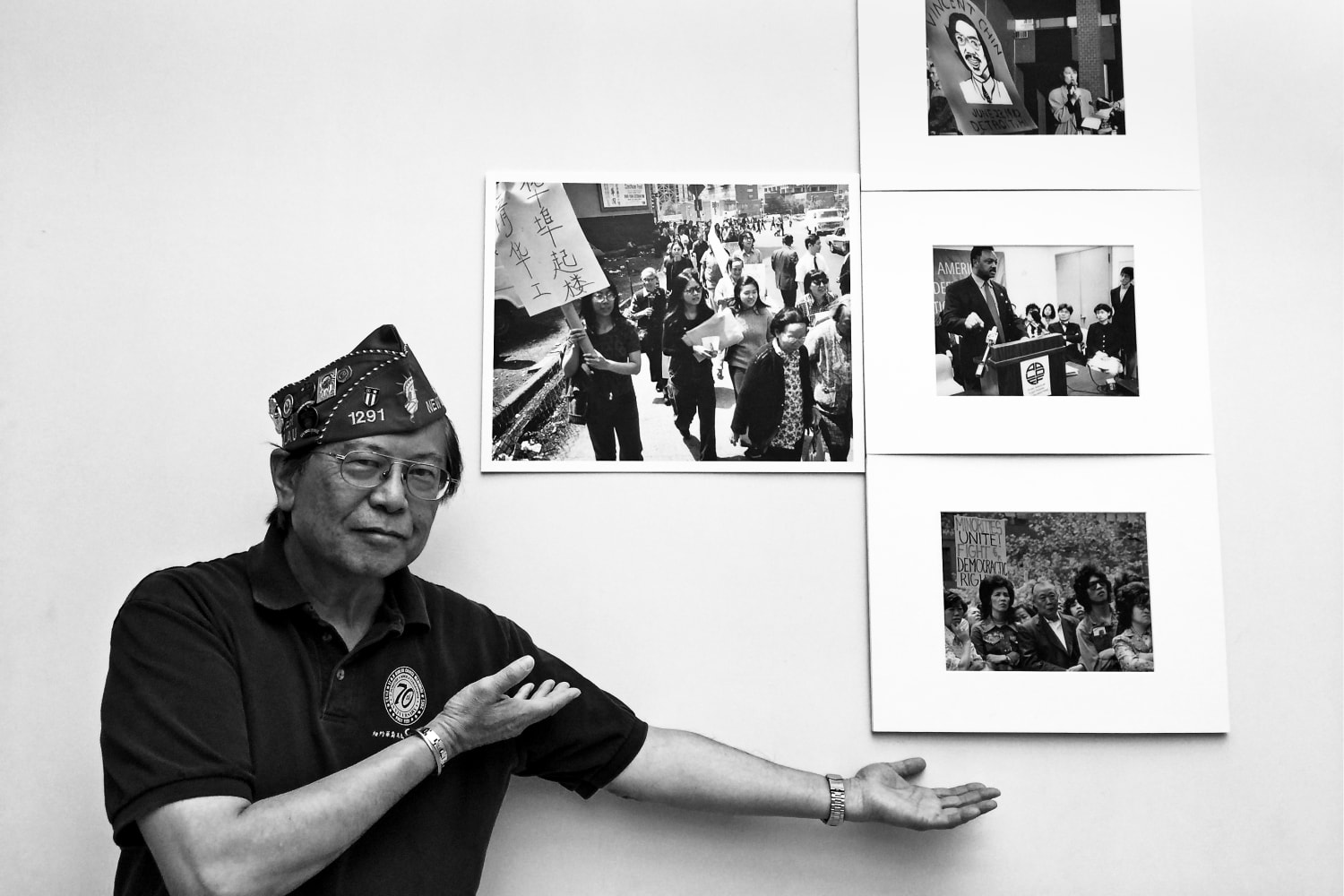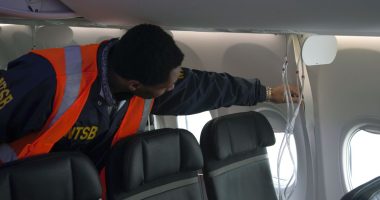
The photographer Corky Lee, who died in late January at age 73, captured images of some of the most pivotal moments in Asian American history. The journalist David Ibata, who died two days before at 66, helped dozens of young, cash-strapped Asian reporters land coveted internships in Chicago newsrooms. And the scholar Judy Yung, who died in December at 74, chronicled the experiences of Chinese women in 19th century San Francisco and launched one of the country’s first Asian American studies programs.
Yung, Lee and Ibata belonged to a generation of activists who cemented the Asian American movement in the late 1960s and, over the next half-century, ushered in an unprecedented level of representation in politics, scholarship and culture. In the past decade, many leaders of that seminal era — from the civil rights icon Yuri Kochiyama to the actor Rodney Kageyama — have died.
The coronavirus pandemic is amplifying a trend that experts say has been accelerating in recent years: the loss of the last living links to the Asian American movement. At a moment when Asian elders face threats on multiple fronts, they say, it’s even more important that their stories are taught in schools and other public institutions so their legacies arent forgotten.
“We’re at an important point in history where we have to record their stories,” said Karen Umemoto, director of the Asian American Studies Center at UCLA. “There are so many rich life lessons that we can learn from their involvement in movements for social change.”
More than 50 years after the first Asian American studies curricula were established at selected California colleges, only a handful of post-secondary institutions offer degrees in the field. Even within those programs, Umemoto said, the story of the Asian American civil rights movement, and of the people who built it, is often given short shrift.
Outside the field of scholarship, it can be even more difficult for the narrative to find exposure.
While Lee’s legacy has been covered in national outlets like The New York Times and The New Yorker, the deaths of other Asian American activists have attracted far less media attention. Yung’s obituary appeared in few places other than the San Francisco Chronicle, and Ibata’s didn’t even make the pages of the Chicago Tribune, where he worked as a reporter and editor for more than two decades.
“We’re constantly in a cultural war where we have to fight even to see representation,” said Marie Lee, a co-founder of the Asian American Writers’ Workshop, a nonprofit literary arts organization, who was a longtime friend of Corky Lee’s. “It’s a doubly bittersweet idea that Covid is being blamed on us, and yet our suffering and losses are not being acknowledged.”
The recent wave of violence against Asian seniors also speaks to the need for more education in Asian American history, Marie Lee said, as anti-Asian hate “goes in cycles.”
“Mainstream culture won’t pay attention until it’s made to pay attention,” she said. “Asian Americans need to be their own advocates.”
In addition to exerting a devastating financial toll on the community, pandemic-related restrictions have also made it difficult for people to grieve for loved ones.
“It’s taken away our ability to gather, mourn, memorialize like we would in normal times,” said Erika Lee, director of the Immigration History Research Center at the University of Minnesota. She and Yung co-wrote “Angel Island: Immigrant Gateway to America.”
At the same time, she said, the community has made tremendous progress in preserving the legacies of past leaders, noting the many landmarks, documentaries and award-winning books about the subject. On TikTok, Asian teenagers are creating punchy videos to explain the roots of anti-Asian racism and amplify new hate incidents. All those sources, she said, could be powerful educational tools.
Some established community organizations have launched initiatives to raise awareness about the impact that Asian elders have made in specific professions.
Michelle Lee, president of the Asian American Journalists Association, said the sudden passing of longtime member Corky Lee and Ibata, a co-founder of the organization’s Chicago chapter, shows that it’s “more important than ever to highlight the careers of trailblazers.”
“We need to recognize that we’re just one of many generations carrying forward the mission of diversifying our industry, of making sure that diverse communities are covered accurately and fairly,” she said, adding that the group has been collecting members’ memories of Lee and Ibata to document their impact on journalism.
Umemoto said a deeper understanding of the Asian American movement can also help activists build more inclusive and tactically effective campaigns. In 1971, Corky Lee drew inspiration from the Black Panthers’ social service programs to help organize a health fair in Manhattan’s Chinatown, providing free testing for tuberculosis, lead poisoning, venereal diseases and other conditions. The effort grew into the Chinatown Health Clinic.
But scholarship about such campaigns, Umemoto said, has been confined mostly to college libraries and lecture halls.
In 2019, the UCLA center sought to make that knowledge more accessible by publishing “Mountain Movers,” a book that profiles the student activists who, during the 1960s, fought for ethnic studies programs at UCLA, the University of California, Berkeley, and San Francisco State University. Umemoto, who co-edited the book, said she wants to teach K-12 students about that history through free online curricula that “integrate historical narratives with multimedia experiences.”
The goal, she said, to encourage young people to pick up the causes their elders started.
“It’s hard to separate what we can do as a tribute to their lives from the fight for social and racial justice in general,” she said. “I think they would be happy to see that the younger generation is carrying on the fight.”
Source: | This article originally belongs to Nbcnews.com









